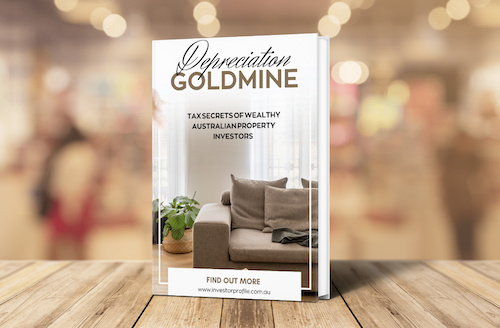Investment Properties & First Home Owner Grant – What You Need to Know
Even if you own several investment properties, you can still be eligible for the First Home Owner Grant (FHOG). The key is whether you have ever used any of those properties as your primary residence. If your properties have always generated rental income and have never been your home, you might still qualify for the grant when you buy your first home to live in.
Key Eligibility Criteria
- No Previous Residence: You must not have lived in any residential property you have owned in the past—even if that includes up to five investment properties.
- Proof is Essential: Gather and submit documents such as lease agreements, utility bills, and tax returns that confirm these properties were solely used for rental purposes.
- Standard FHOG Requirements: Aside from the residency aspect, you must also comply with other conditions, including buying a new home (not a previously owned property), meeting price caps, and committing to live in the new home for a stipulated period (typically 6–12 months, depending on your state).
Steps to Take
- Review State Regulations: Because FHOG requirements can differ by state, investigate the specific criteria and documentation required where you live.
- Organize Your Records: Maintain clear evidence of your rental history and ensure your residential address was different from your investment properties.
This opportunity is particularly beneficial for experienced investors who can leverage their investment properties to secure financial assistance for purchasing their first owner-occupied home. It can help lower deposit costs or reduce upfront expenses significantly.
If you need guidance, consider contacting our experts for personalized advice and additional resources.
Additional Information
For more details, refer to the First Home Owner Grant Act 2000 and the guidelines provided by your State Revenue Office.
Tags
- FHOG
- First Home Buyers
- Investment Property
- Real Estate Eligibility
- Property Grants

Discover the #1 tax secret wealthy Australian property investors use to grow their portfolios faster — even in a high interest rate environment.
- Learn how to turn wear and tear into wealth
- See real examples of $15,000+ first-year deductions
- Understand how to structure your purchases for maximum after-tax ROI
Download Your Free Wealth Building Guide
This ebook reveals how to legally slash your tax bill while building long-term wealth through property. Learn the strategies savvy investors use to gain an edge — even before settlement.
- Maximise tax deductions and improve cash flow
- Understand Division 40 vs 43 and how to claim both
- Position yourself to reinvest and scale faster


